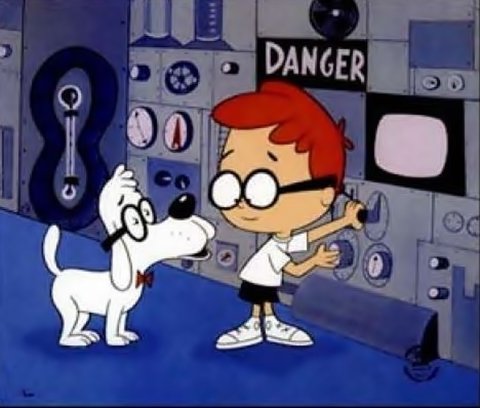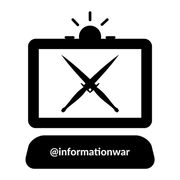
I'm not the only one. Searching recently for an article that discussed Eric Schmidt's DNA research in ships offshore that I wanted to cite in a comment I was preparing, I discovered the article had disappeared. Many others have been discovering this is happening.
The net is being scrubbed.
We can't stop them. We can prevent them from succeeding.
Here's how: there are various archives like the wayback machine that have made some attempt to store the internet. They are centralized, and therefore vulnerable.
We can make a blockchain archive that is decentralized. Just as cryptocurrencies are far more resistant to any localized attack due to decentralization, archival solutions can also be made practically censorship proof by decentralizing them.
I'm not a coder. I'm a nailbender. If we want to keep the truth available to hold criminals accountable, I believe it's what we must do. Let me know your thoughts on this matter. Take this idea and run with it yourself. Do what you think is right. I've no interest in profiting from this archive other than by retaining access to true history and facts concerning events, both those that are being scrubbed, and those that are yet to happen.
I do hope folks with competence to arrange, administer, and craft such an archive find this post and act to preserve our true history.
If we don't, we will be subject to lies imposed by criminals to keep us in their thrall, and unaccountable for their crimes.

That's a great idea, a sort of cross between the way back machine and steem would do the job. The problem is that sooner or later someone will claim you stole their IP if you don't have your legal ducks in a row, the situation that Aaron Swartz found himself in springs to mind. Once the lawyers get involved things get expensive.
The problem those lawyers would have is that they're almost certainly crooks. They wouldn't dare. Aaron Swartz had no leverage, among other problems.
Thanks for bringing up such an important point in this article. Blockchain is immutable and thus arises a need to bring about privacy tokens so we can perform untraceable transactions on an immutable platform. People somehow mistake blockchain and privacy somehow being synonymous when in truth blockchain and transparency are.
That being said it would also a prudent reminder for us all that it is we - I, you and us who hold the key for remembering. Not the data but the fact that it was there and we have to preserve of what is left. Somehow I keep forgetting that................... I wonder why?
So transparent it's creepy. Thanks for saying this: I'm a hardcore n00b and it took me aback to realize it.
Curated for #informationwar (by @openparadigm)

Relevance: Archiving Evidence
Our Purpose
how do you archive then? lol .
You might be a nail bender, in which case I'm a .....(can't think of anything witty right now)
I suppose screen shotting and adding it to block chain would kind be like a digital microfilming? lol
Well, just the same way one adds archival material to archive.is: just add it to the URL. Once the data is sent to the blockchain, it is incorporated into blocks. Screenshots, videos, websites, all of it. Distributed nodes then preserve the data in the blocks in decentralized copies--out of reach of censors (unless they can take down 34% of the blockchain with a firewall attack, or 51% through traditional Sybil attack).
There may be some ways to incorporate archival material to extant blockchains. Like I said, I dunno. I do know that there is material encrypted in the BTC blockchain, for example.
What I do know is that if we don't start archiving history as it happens, the erasure of proof of crimes is going to continue, and will get worse.
I don't know if you can archive video that way, DTube for example uses IPFS. EOS is supposed to incorporate IPFS for file storage, perhaps it would be easier to build an archive there. Having said that I seem to recall @dan talk about the block producers being able to take down "objectionable" content, this makes sense from a child porn type angle but if the authorities bring pressure to bear on the block producers for political reasons, you could end up in a similar boat to them bringing pressure to bear on the wayback machine operators I suppose. It's worth thinking about though.
So basically include any and all links, on any posts?
To archive a site you run across on the internet on archive.is, you add /archive.is to the url of the site. If the site is already archived there, you'll find it there. If it isn't, you just added it.
But, yeah, include links in your posts =)
@styxhexenhammer talks about an archive site I can't remember which one- @openparadigm
I note links to archive.is on his page.
Thanks!